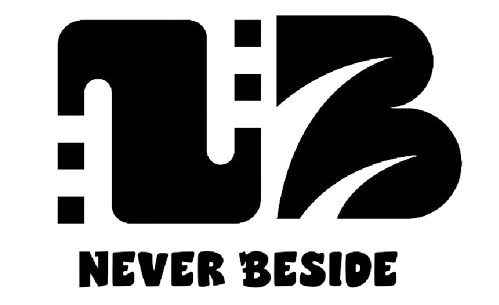A Comprehensive Guide to Mastering Personal Finance

In today’s complex financial landscape, understanding the nuances of personal finance is more crucial than ever. With a myriad of investment options, saving strategies, and borrowing opportunities, navigating this maze can seem daunting. Yet, mastering personal finance is key to achieving long-term financial security and meeting your financial goals. While platforms like Goloan.dk offer avenues for financial solutions, the essence of personal finance management extends beyond any single service provider, encompassing budgeting, saving, investing, and borrowing.
Building a Solid Financial Foundation
The cornerstone of personal finance is creating a robust financial foundation. This starts with the basics: budgeting and saving. These initial steps set the stage for a healthy financial future, enabling individuals to manage their finances effectively and prepare for both opportunities and challenges that lie ahead.
Budgeting: Your Blueprint for Financial Success
Budgeting is the process of creating a plan for how you will spend your money. This spending plan allows you to determine in advance whether you will have enough money to do the things you need to do or would like to do. The key to successful budgeting is ensuring that your spending aligns with your priorities and financial goals. It involves tracking income and expenses, setting spending limits, and making informed decisions about where to allocate resources. Effective budgeting also entails adjusting your spending habits to save more, invest wisely, and cut unnecessary expenses.
Saving: The Pathway to Financial Security
Saving money is crucial for building a financial safety net and funding future financial goals. This includes setting aside money for emergencies, short-term objectives, and long-term aspirations. The foundation of saving is to “pay yourself first”—a strategy that involves regularly allocating a portion of your income to savings before spending on non-essential items. High-interest savings accounts, certificates of deposit (CDs), and money market accounts are popular vehicles for keeping your savings both accessible and productive.
Investing in Your Future
Investing is an essential component of personal finance, offering the potential for your money to grow over time. Whether you’re looking at stocks, bonds, mutual funds, or real estate, the goal is to put your money to work in investment vehicles that offer the chance for profit and financial growth.
Understanding Risk and Return
A fundamental principle of investing is the relationship between risk and return. Generally, higher potential returns come with higher levels of risk. As such, crafting a diversified investment portfolio tailored to your risk tolerance and time horizon is critical. Diversification, or spreading your investments across various asset classes, can help manage risk and reduce the volatility of your investment returns.
Planning for Retirement
Planning for retirement is a long-term financial goal that requires foresight and sustained effort. Contributing to retirement accounts such as 401(k)s, IRAs, or pension plans is a vital step in ensuring a comfortable retirement. Understanding the power of compounding interest, where your investments earn interest on both the original amount and the accumulated interest, can significantly boost your retirement savings over time.
Navigating Debt and Credit
Debt and credit are powerful tools in personal finance when used wisely. They can help you build credit, finance important life events, or invest in opportunities that offer a higher return than the cost of the debt.
Managing Debt Wisely
While taking on debt can be beneficial for specific purposes, such as purchasing a home or funding education, it’s crucial to manage it wisely. This means understanding the terms of your debts, prioritizing high-interest debts for repayment, and avoiding unnecessary borrowing that can lead to a debt spiral. Debt management strategies, like debt consolidation or refinancing, can also help reduce interest costs and pay down debt more efficiently.
Building and Maintaining Good Credit
Good credit is an asset in personal finance, affecting your ability to borrow money, the interest rates you pay, and even job opportunities. Building and maintaining good credit involves making timely payments, keeping credit card balances low, and regularly checking your credit report for accuracy. Understanding the factors that impact your credit score can help you take proactive steps to improve your creditworthiness over time.
Conclusion
Mastering personal finance is an ongoing journey that requires discipline, education, and strategic planning. By effectively managing your budget, saving diligently, investing wisely, and responsibly using credit, you can achieve financial stability and work towards your financial goals. Remember, the key to financial success is not just in making money but in making informed decisions about how to use and grow that money over time.


































































